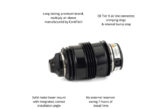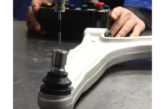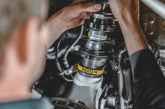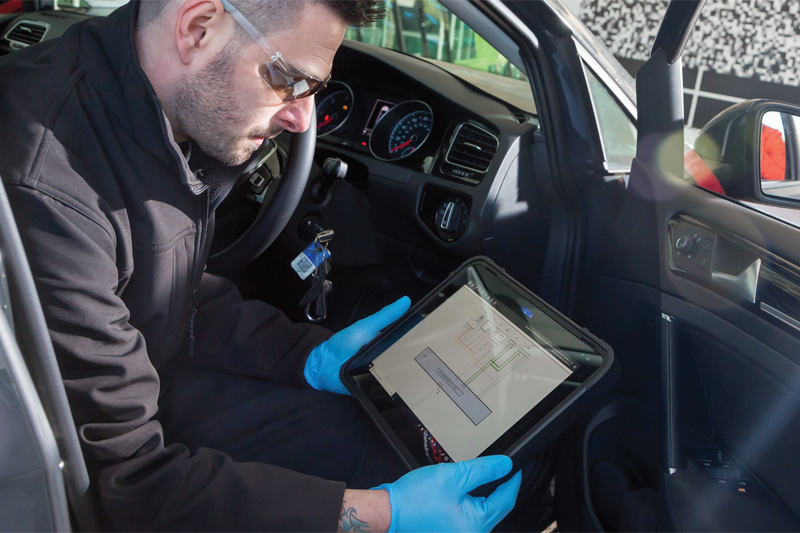
PMM recently had the opportunity to talk to Steve Nash, Chief Executive Officer of the IMI, about the future of professional standards within the industry, and how the IMI TechSafe initiative fits into this vision.
PMM: Morning Steve. Thank you for taking the time to sit down with PMM, even if it is over Zoom! Let’s start by getting a broader understanding of the role the independent maintenance and repair sector has within the wider automotive industry. In your opinion, how does it all come together?
Steve Nash (SN): Oh, the independent sector is absolutely crucial. As you may or may not know, I spent many years heading up the aftersales business of a vehicle manufacturer, and when I first moved into my role at the Institute of the Motor Industry (IMI), people questioned my priorities. With my VM background, this was understandable, but I would then explain that I used to do a huge amount of work with the independent sector, and how it has a really important part to play within the industry.
I know that there is this idea about franchises versus independents, but I don’t really see these two groups as completely polarised – neither side will be able to set themselves up to do all the work that is available after all. Having spoken to a number of transport ministers about this, I know for a fact that they are very keen to maintain a truly competitive market. It comes down to valuing whether motorists have a free choice.
PMM: Competition makes for better businesses doesn’t it?
SN: Couldn’t agree more. For me, the distinction has never really been between franchises and independents, but rather between the professional and the unprofessional. There is a collective interest from both franchises and independents in highlighting the difference between businesses that invest in their skills to provide a premium service, and those businesses that don’t.
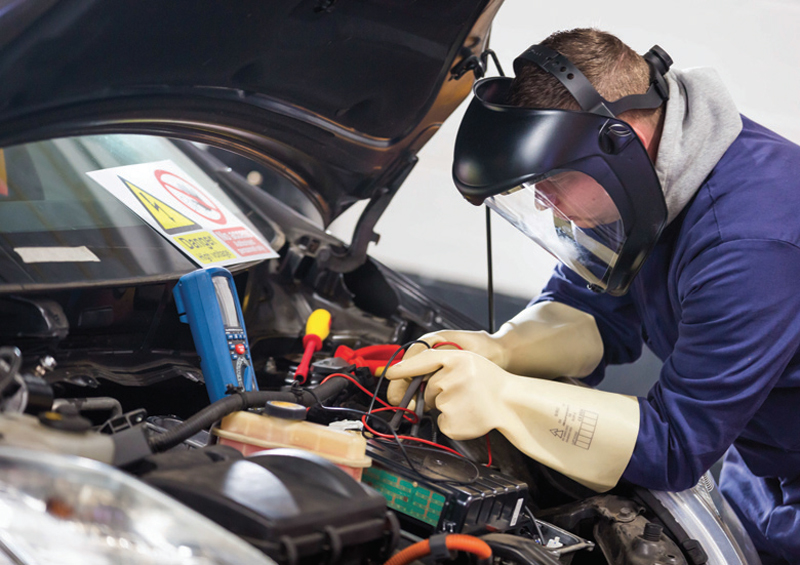
PMM: It must be in the IMI’s interest as well to ensure that the willing professionals are differentiated from those that are less willing. How does the organisation help with this task?
SN: In very simple terms, the problem at the moment is that a garage can invest heavily in training, equipment, staff, and customer service, only to find that another garage sets up down the road that doesn’t do any of that and just has lower prices, and, unfortunately, the public doesn’t know the difference!
The IMI was set up 100 years ago to help the automotive industry, which was a fledgling industry back then, establish professional standards. Our work continues to this day.
What I would say differentiates us from the other trade bodies within the industry is that we are not really about the businesses as such, but instead about the people working in them. We focus on what we can do for the individual, and it is this that should lead to the betterment of the automotive sector as a whole.
PMM: We’re now getting to the topic of professional standards. In which case, do you think there is a specific timeframe within which garage licensing may be introduced?
SN: In all honesty, I’m not sure about garage licensing as such. However, when it comes to the individuals working on vehicles, perhaps there may be an equivalent. I often get asked this question from people within the aftermarket, and clearly there are people who believe that it needs to happen.
My question is, though, what would garage licensing really entail? If you consider this question carefully, you have to ask two further questions: what are you actually licensing? And, what level are you licensing it at?
The truth of the matter is, and this is based on conversations with at least five different transport ministers, that there is absolutely zero interest in initiating retrospective licensing. No one that has been elected has it in their manifesto, simply because it would be immeasurably complicated. This is particularly true of this government as they declare themselves to be ‘anti regulation’.
Having said that, we have been lobbying hard to have some kind of standard in place for those technicians that work on electric vehicles. We are all aware that the voltages at play can be lethal and it is therefore essential to protect people who may not have had proper training. Thankfully, due to our work, we have managed to get the Government to endorse and accept that the existing Electricity at Work Act applies to working on EVs.
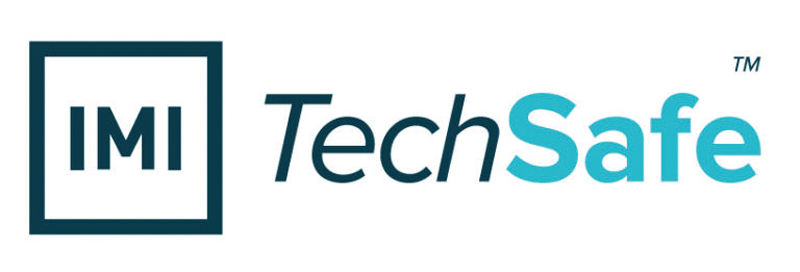
PMM: And, is this where the IMI TechSafe initiative comes in?
SN: Yes, exactly. The IMI wants to protect both the employee and employer when it comes to EV repair, and the IMI TechSafe initiative is designed to raise awareness on the issue and promote EV training qualifications across the industry. However, the initiative also stretches beyond this. Our intention is for this to encompass other new technologies coming into the market as well. Think about what the repercussions could be if an under-qualified technician worked on an autonomous vehicle for example.
I believe that the point at which the new vehicle technologies outweigh the old technologies will come somewhere around the middle of this decade, and we need to be ready for it.
We also realise that as well as readying those in the industry for the EV influx, we need to explain to the motorist what their technician’s qualifications mean and why they are important. It is still early days for this element of the initiative, but I hope that you are getting a grasp of the scope and magnitude of IMI TechSafe and its potential.
PMM: Clearly, this initiative is much needed. What exactly will IMI TechSafe involve for those technicians who want to take part?
SN: Essentially, it is an accreditation. We have listened to and consulted with a wide variety of people from within the industry to construct a standard that will go some way to ensuring both technicians and business owners approach electric vehicle repairs safely and professionally.
I would implore those individuals who intend to work on EVs in the future to join. In order to do so, you will need to have a Hybrid and EV Level 2 qualification, be on the IMI Professional Register, and commit to specified CPD (Continuing Professional Development).
The standard will go a long way towards separating businesses that have invested in their skill sets from those that have not. Our goal is to promote professionalism within the industry, and we believe this new initiative will be the way to do this for years to come.

